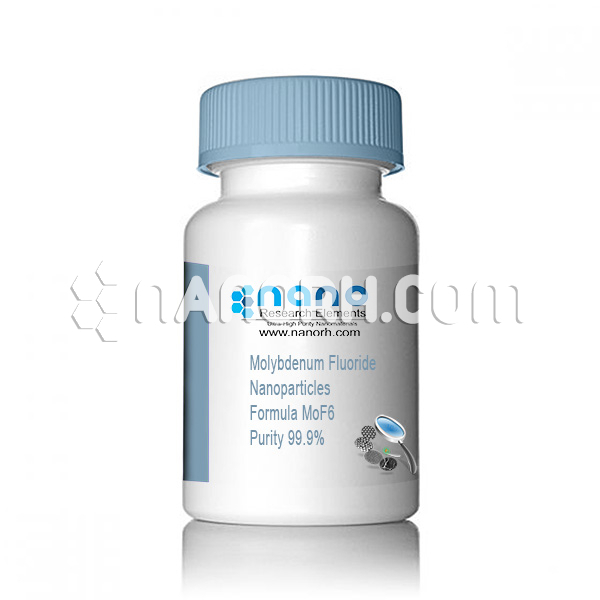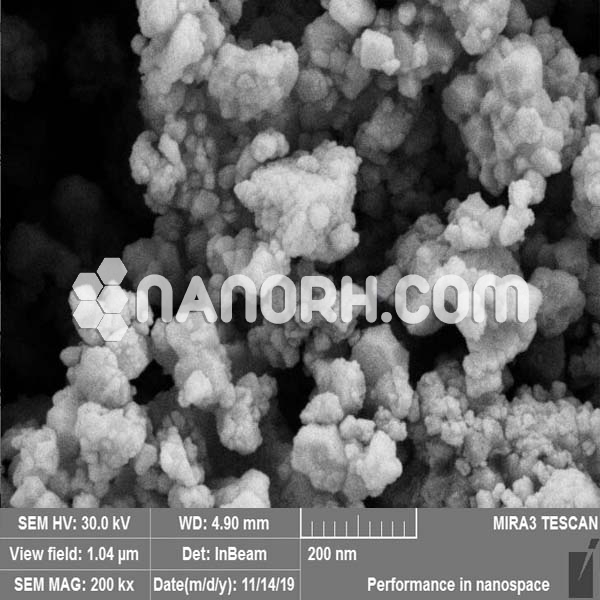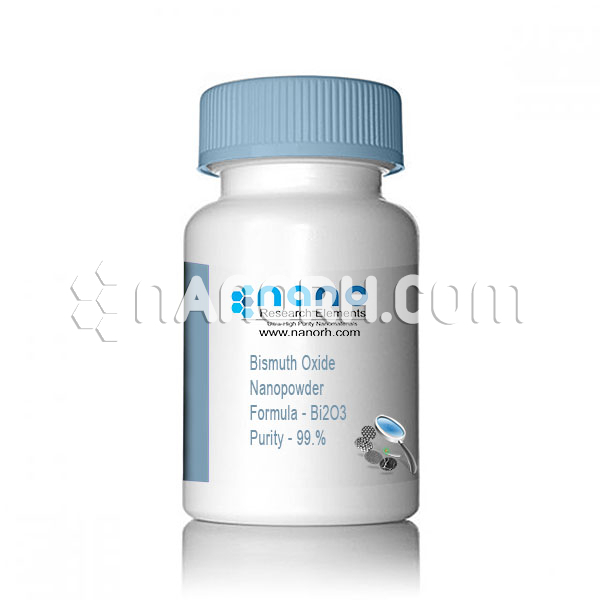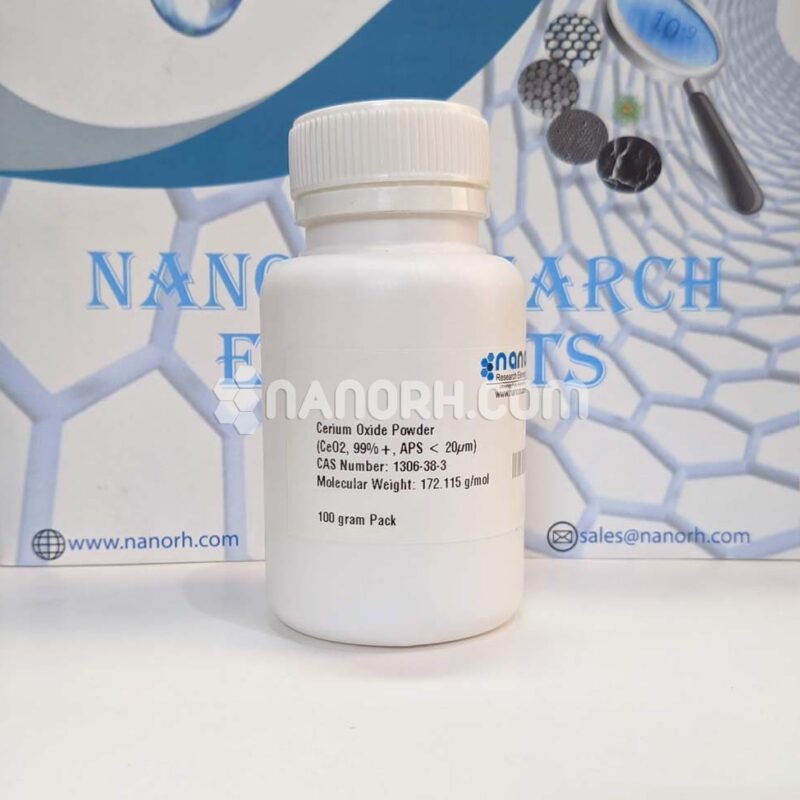| Molybdenum Fluoride Nanoparticles | |
| Product No | NRE-5164 |
| CAS | 7783-77-9 |
| Purity | 99.9% |
| Formula | MoF6 |
| APS | <100 nm (can be customized) |
| Color | purple-pink |
| Molecular Weight | 209.93 g/mol |
| Density | 3.50 g/cm3 |
| Melting Point | 17.5 °C |
| Boiling Point | 34 °C |
Molybdenum Fluoride Nanoparticles
Introduction
Molybdenum fluoride nanoparticles (MoFₓ NPs), typically referring to compounds such as molybdenum trifluoride (MoF₃) and molybdenum hexafluoride (MoF₆), are a class of nanomaterials where molybdenum is combined with fluorine in different stoichiometries. These nanoparticles exhibit unique chemical and physical properties due to their high reactivity, the ability to form various oxidation states, and their potential in catalysis, energy storage, and advanced material science.
Molybdenum itself is a transition metal, and its fluoride compounds often have applications in fields such as catalysis, energy storage, and material science. When scaled down to the nanoparticle level, these materials exhibit enhanced properties compared to their bulk counterparts, such as increased surface area, reactivity, and catalytic efficiency.
Properties of Molybdenum Fluoride Nanoparticles
High Reactivity: Molybdenum fluorides are highly reactive, especially in the presence of moisture, due to the strong bonding of fluorine atoms to the molybdenum center.
Electrical Conductivity: Certain molybdenum fluoride compounds exhibit conductive properties, making them useful in electronic and energy-related applications.
Catalytic Properties: MoFₓ nanoparticles have catalytic potential, particularly in reactions where fluoride is involved, such as hydrogenation, oxidation, and fluorination reactions.
Nanostructured Features: The nanoscale form of MoFₓ allows for an increase in surface area, making these materials more reactive and efficient for various processes, such as catalysis and energy storage.




